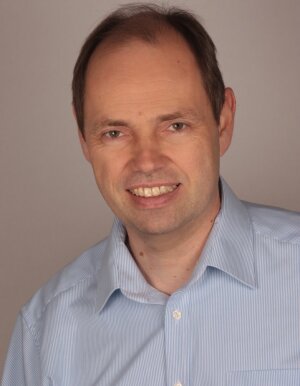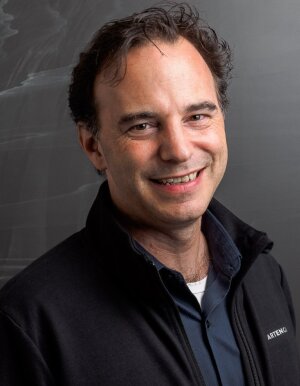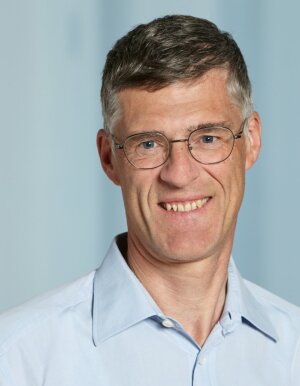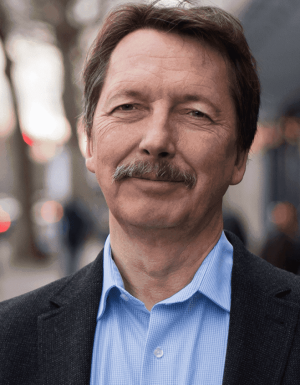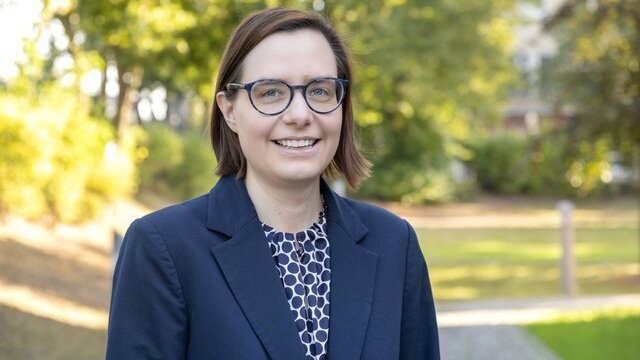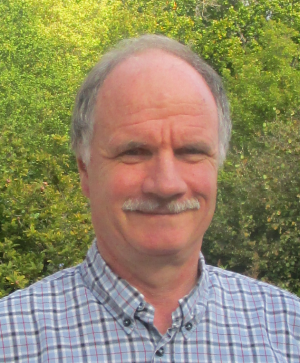- Light
Meldung vom: | Verfasser/in: Dr. Angela Unkroth
Zur Original-Meldung
Das Physikalische Kolloquium findet, wenn nicht anders angegeben, jeweils um 16:15 Uhr im Hörsaal 1 Abbeanum, Fröbelstieg 1 statt.
Die Kolloquien im Hörsaal 1 Abbeanum können auch im live stream verfolgt werden:
https://online.mmz.uni-jena.de/beta/livestream/?hsid=2251_hsabb1Externer Link
-
04.11.2024
Brügmann, Bernd (1962)
Foto: Fotostudio Gebhardt JenaBernd Brügmann
Institute of Theoretical Physics and MSCJ, FSU Jena
Machine Learning for Physics, Physics for Machine Learning
The Physics Nobel Prize 2024 was awarded "for foundational discoveries and inventions that enable machine learning with artificial neural networks”. While the enormous success of machine learning methods is well known and supported by numerous applications, the connections to physics may be less obvious. This talk gives an elementary introduction to the interplay of machine learning and physics, from the point of view of theoretical physics. What is an artificial neural network? What are the basic algorithms? What is the connection to physics? As the press release stated, this year's laureates did indeed use physics to find patterns in information. -
18.11.2024
Prof. Dr. Markus Aspelmeyer, Universität Wien
Foto: privatProf. Dr. Markus Aspelmeyer
Universität WienHow does a quantum object gravitate?
No experiment today provides evidence that gravity requires a quantum description. The growing ability to achieve quantum optical control over massive solid-state objects may change that situation -- by enabling experiments that directly probe the phenomenology of quantum states of gravitational source masses. This can lead to experimental outcomes that are inconsistent with the predictions of a purely classical field theory of gravity. Such 'Quantum Cavendish' experiments will rely on delocalized motional quantum states of sufficiently massive objects and gravity experiments on the micrometer scale. I review the current status in the lab and the challenges to be overcome for future experiments.
Gastgeber: Prof. Ralf Röhlsberger
-
25.11.2024
Prof. Dr. Manfred Fiebig, ETH Zürich
Foto: privatGastgeber: Prof. Dr. Giancarlo Soavi
Prof. Dr. Manfred Fiebig
ETH ZürichSeeing is believing: Nonlinear optics on ferroic materials
Presently, a large variety of ferroic, that is, spontaneous and switchable types of long-range order is discussed. All of these all have one property in common: The ferroic ordering breaks the symmetry of the host material. Nonlinear optical processes are very sensitive to these symmetry changes. Even its simplest representative, doubling of the frequency of the light or "second harmonic generation" (SHG), therefore couples to the ferroic order parameter and accesses important features of the ferroic state that are often inaccessible to non-optical techniques. In my talk I will give an overview of the most important milestones in the classification of (multi-)ferroic materials by nonlinear optics. I will discuss basic questions such as the search for yet unknown types of ferroic order as well as application-relevant issues such as the use of SHG for tracking the emergence of ferroic order in thin films. A not-too-serious concept for "magnetoelectric teleportation" will conclude the lecture.
-
09.12.2024
Prof. Dr. Thomas Henning, MPI für Astronomie Heidelberg
Foto: privatProf. Dr. THomas Henning
Max Planck Institut für Astronomie Heidelberg
Towards New Horizons: Star and Planet Formation with JWST
The James Webb Space Telescope (JWST) is the most powerful space-based infrared observatory ever built. The first part of the talk will discuss the main structures of the telescope and its assembly after launch. The talk will then highlight the extremely exciting science results in the field of star and planet formation, including the nature of protostars and planet-forming disks. A special emphasis will be placed on the accretion process and the chemical building blocks of disks and what we can learn from infrared spectroscopy regarding the inventory of material in the terrestrial planet-forming zone.
Gastgeber: PD Dr. Cornelia Jäger
-
20.01.2025 um 17 Uhr c.t. in der Aula der FSU
